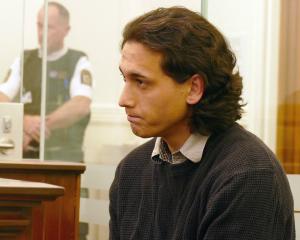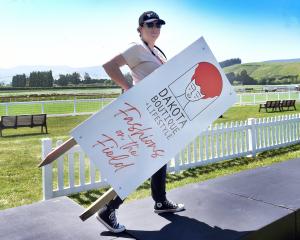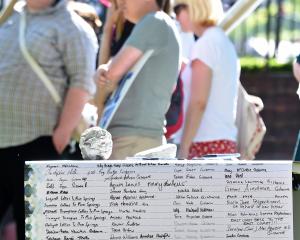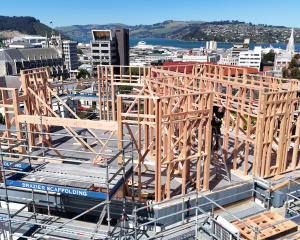Former Fijian prime minister Major-general Sitiveni Rabuka deeply regrets his role in leading the 1987 military coup and is likely to seek office in next year's planned elections in his homeland.
He made those points during a wide-ranging talk on ''The Current Fiji Coup: What to Expect'', and an extensive question and answer session at the University of Otago's latest annual Foreign Policy School yesterday.
About 140 people registered for the three-day school, at St Margaret's College, this year devoted to ''Pacific Geopolitics''.
Despite his role in the 1987 coup, Mr Rabuka supported later collaborative efforts, including a Constitutional Review Commission, chaired by the late former New Zealand Governor-General, Sir Paul Reeves, which helped produce the 1997 Constitution of Fiji.
This constitution was later abrogated in 2009 after a further military coup in 2006, led by Fijian miliary head
Commodore Frank Bainimarama. Mr Rabuka said that after meeting some people he had deposed in the 1987 coup, and reflecting on the situation, he had felt a ''very strong message'' about the folly of what he had done, and he felt obliged to apologise to everyone who had been affected.
He also quoted approvingly a book titled The Future Belongs to Freedom by former Soviet foreign affairs minister and later Georgian president Eduard Shevardnadze and said the future did indeed belong to freedom in Fiji.
He also voiced his fear Fiji could become a ''nation of parasites'' if excessive dependency on receiving help from the Fijian Government and overseas aid donors got out of hand.
He noted Chinese aid, including for some construction projects, had become very high-profile in Fiji and said New Zealand and Australia could have disadvantaged themselves by focusing only on ''tactics'' over post-coup Fiji, rather than taking the long-term strategic view, as had the Chinese.
In another hard-hitting talk, Prof Jon Fraenkel, of Victoria University, Wellington, strongly defended the approach taken by the New Zealand and Australian Governments and rejected suggestions they had become less influential because of a claimed ''hard-line'' approach.
In fact, both countries had somewhat softened previous travel bans for figures linked to the Fiji military and had persistently sought to engage the military-led Government over restoring democracy.
He hoped elections would be held as scheduled next year, but some troubling concerns also remained.











